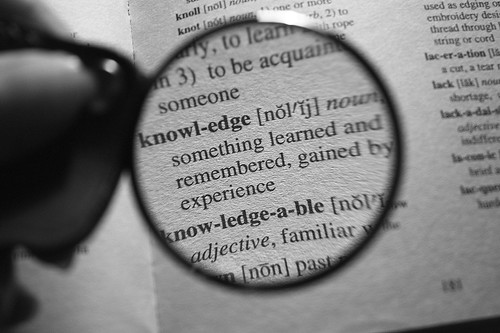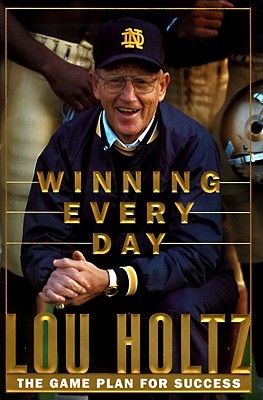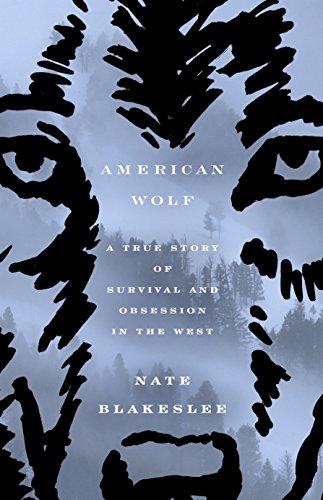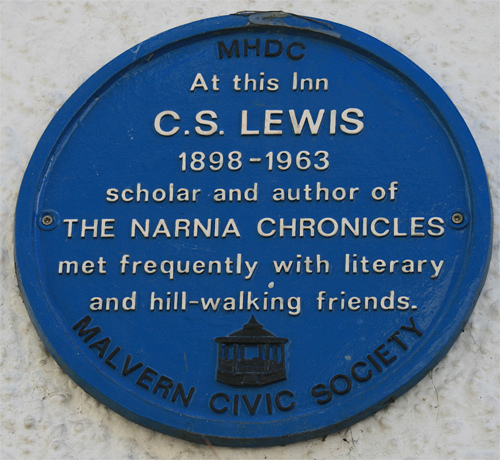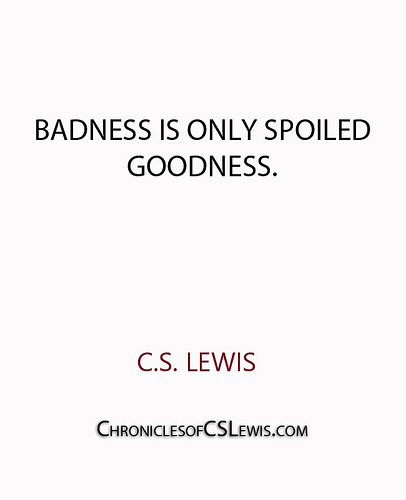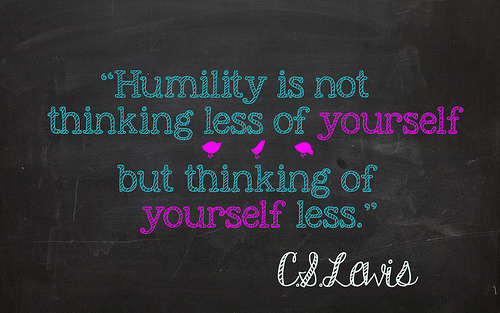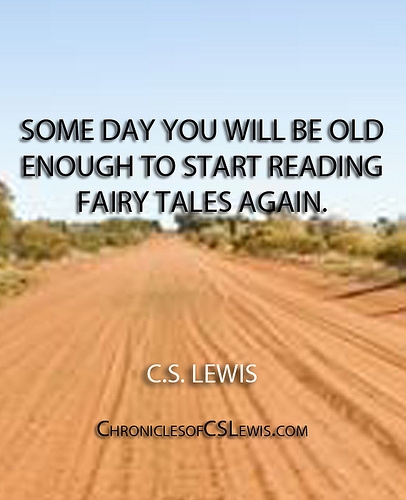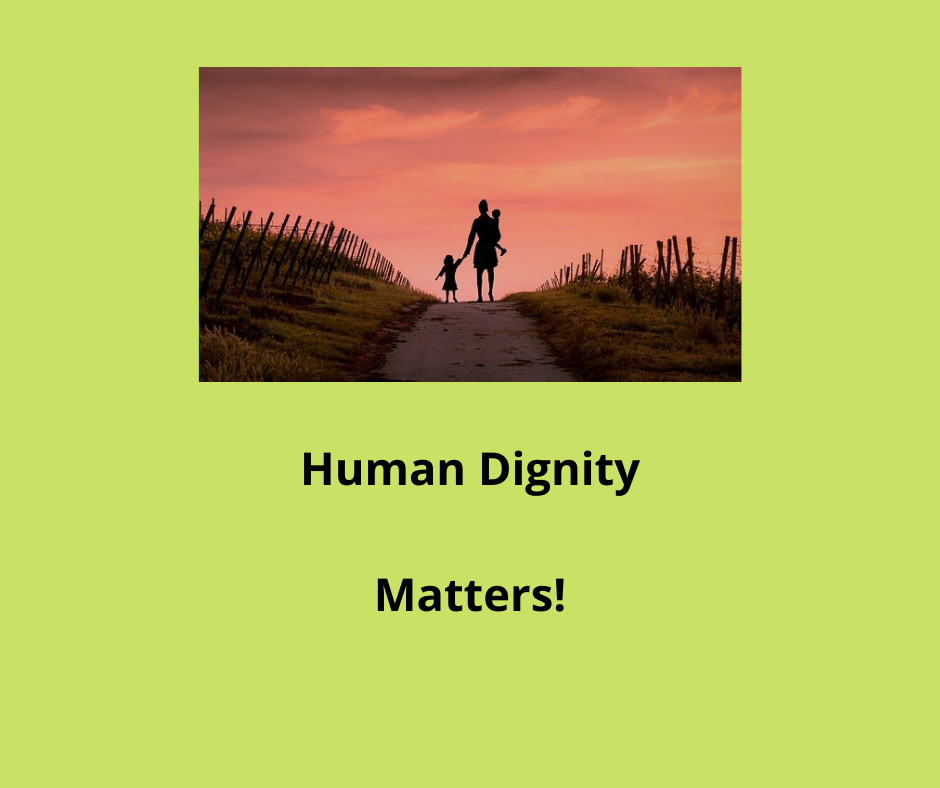Feet Set in Knowledge →
"Let thy feet be set in the midst of knowledge" is an interesting quote, likely from the Bible? How do we know if a persons feet are set in knowledge? Acquired knowledge must manifest itself in some recognizable way and a persons skills and ability may be the tip off.
Skills & Ability show that you have put knowledge to work. Even so, knowledge alone is not as valuable to a potential employer as common sense or the ability to use knowledge correctly.
WHOSE POINT OF VIEW MATTERS →
POINT OF VIEW MATTERS. Your point of view makes all the difference. Do your research first. Find out about the companies goals and vision before you talk to them. Whenever possible, know who you are going to be talking to in an interview. It will show, in your interview, if you have done your homework.
Be ready to explain your point of view and don’t expect it to be shared right from the start.
Look very closely at this picture. Do you see it? It is right there in front of us. No, not the purple flower the snow on those mountains. That is the point of view I am telling you about.
#PointofView #Perspective
It is up to you by Clinton T. Howell
It is up to you by Clinton T. Howell
"You are the one who has to decide. Whether you’ll do it or toss it aside. Whether you’ll strive for the goal that's afar. Or just be content to stay where you are."
Your Smile Matters, and it always will. →
Your smile will give you a positive countenance that will make people feel comfortable around you. If your looking for a job and your one of the top two best candidates and one who takes the time to smile and everything else is equal - guess who gets the job?
When you smile it makes people smile back and it makes people feel welcome, invited and happy. When you make people feel this way doors open up to you.
Open up more doors by smiling and be happier yourself.
Listening Matters
When you talk you are only repeating what you already know but if you listen you may learn something, or a new meaning? Listening is a key job searching skill
Verbal Communication Matters
The best jobs are found through networking. The process is not complicated. Talk to your past co workers, supervisors and people working where you want to apply. Messaging, texting, emails and more make this a digital experience. More can be learned by talking to your connections, face to face, or on the phone.
Follow your Goals First if you want to Eat
Set good goals. Give them a lot of thought and review regularly. Then act on them. Follow them. Go ahead and dream about them if you want.
Building Teams for your Start Up
Be careful with your new hires in a startup. Talented people want to work with other talented people because they enjoy the inspiration and celebrating each other’s success. Seeking creativity is different from running from restrictions and rules. Build a team, don’t just fill positions.
Sharing Core Values is Important
Find a company and a boss that shares your core values
Trust Matters to Everyone →
Maybe people don’t just trust everyone in their life (good advice by the way) but trust is a central part of all human relationships, including romantic partnerships, family life, business operations, politics, and medical practices. Sooner or later we all have situations where trust is expected and needed.
Read moreShare your Light with Others →
"One light lights another and its light does not grow less by sharing"
Share the flame. Help others succeed.
We share with others whether we intend to or not. Light and darkness can both be shared. When you share darkness all you get is darkness but when you share light you get more light.
When we have no light we likely don’t see anyone else but we bring darkness with us where ever we go.
Get Clear Feedback on How Your Doing →
Seeing ourselves clearly is often a problem but not seeing yourself clearly is a more serious problem. Sources for getting clear feedback can be a challenge as illustrated in Peanuts comic strip gave us a valuable solution years ago. We learned that "Your enemy tells you rotten things about yourself and makes you cry. Also we learned that your friends tell you rotten things about yourself and it makes you cry.
The difference, of course, is that your friends is sincere about the rotten things."
Listen closely to the feedback.
XXXXXXXXXXXXXXXXXXXXXXXXXXXXXXXXXXXXXXXXXXXXXXXXXXXXXXXXXXXXXXXXX
Other Posts in this section:
“Thoughts are Choices”
“The Heart has its Reason”
Has you opponent said to you: I Read Your Book
Erwin Rommel was a German general and military theorist A defining scene took place after Patton, played by George C. Scott, beat Rommel’s Tank Division. He had set a brilliant trap for the tanks and when the dust cleared after the battle was over, Patton was delighted with the victory and seemed to be talking directly to Rommel as he looked over the battle scene and yelled out joyfully. “Rommel I read your book”.
Study your competition! The lesson from Patton’s claim that he read Rommel’s book is that he beat Rommel’s forces on the battlefield. He felt it was important to understand more about his opponent.
Thoughts are choices that serve to create you →
C.S. Lewis said that "every time you make a choice you are turning the central part of you, the part that chooses, into something a little different from what it was before."
Lewis didn't just imply that the process creates us, he suggested our conscious complicity in the process.
We are, in the final analysis, still left with our thoughts. The choices we make clearly reflect those thoughts and we either become better or worse as a result.
FYI, C.S. Lewis can be found in the favorite authors section.
Links to many of his books reviewed on this site can be found there.
The Strength of the Pack is in the Wolf is a Strategy to understand and use →
Lou Holtz was well known for his coaching technique, and success at Note Dame, has this statement associated with him:
“For the strength of the Pack is the Wolf, and the strength of the Wolf is the Pack.”
This powerful statement defines teamwork. Working together for the good of the pack, or in Holtz’s case, the team. The example of how the wolves that individually are smaller and less powerful than mountain lions, for example, work together to take down prey much larger than an individual wolf seems obvious enough and their advantage is in collaborating with their pack.
The book, American Wolf, brings deep insights into wolves and their life daily life in a pack where a strong leader is very important.
Even though many associate this quote with Lou Holtz it was originally used by Rudyard Kipling in his poem: "NOW this is the Law of the Jungle — as old and as true as the sky; And the Wolf that shall keep it may prosper, but the Wolf that shall break it must die."
"NOW this is the Law of the Jungle — as old and as true as the sky; And the Wolf that shall keep it may prosper, but the Wolf that shall break it must die."
Click Book to see Review
Flatland, the book by Edwin A. Abbott and thoughts about E=MC2, Einstein and dimensions →
The recent review of Flatland, by Edwin A. Abbott, suggests some questions for our consideration.
All us folks are 3rd dimension beings, but we can experience the 4th dimension of "Time". Abbott's thoughts on this, for mid 19th century, are really amazing.
We exist in the past, present and future. Perhaps we can find a way to take the 3rd dimension and move into the 4th, but what about the 5th and are there more?
Einstein's theory stated that an entity’s velocity, or its momentum, is only measurable in relation to something else, and secondly that the speed of light is a constant in a vacuum, regardless of the person measuring it and the speed at which the person travels. The third part of the equation is that nothing goes faster than light in contrast to Newton's gravitational laws. To make it work, Einstein needed the fourth dimension called space-time. He expressed his theory using the famous mathematical equation E= MC2
Today, scientists use 10 dimensions and string theory to explain where gravity and light from the electromagnetic spectrum meet.
.
Changing Ourselves, both Past and Future
Throughout this blog there are many quotes and books that point to the reality of changing ourselves.
Reading is the key. It tell us, as C.S. Lewis said:
“The good of literature is that we want to become more than ourselves, we want to see with others eyes, to imagine with others imaginations, to feel with others hearts, as well as our own.”
For me the more I read the more this truth becomes not just something that I believe, but something that I know.
T.S. Eliot's comment seems to add to what Lewis said: "We shall not cease from exploration, and the end of all our exploring will be to arrive where we started and know the place for the first time".
It must mean that we not only can change the future but we can change how we see the past.
Taking others for granted is denying their innate human dignity →
Having read the book Down and Out in Paris and London more than once, and having just finished a review of it, the question of "what is the lesson of this book" comes to mind?
The poor work long hours and are underpaid. They have nothing but eating, sleeping & working, to fill much of their lives, if they are working, and if they are not, then they have to take charity and when it is found it comes with conditions. At least a thank you is necessary, but often the need to acknowledge that those charity givers are somehow smarter and more deserving needs to be imparted.
I looked for the overall lesson of the book but found instead this quote by George Orwell. “It is curious how people take it for granted that they have a right to preach at you and pray over you as soon as your income falls below a certain level.”
A man handing out tickets for the meal inside a place where the homeless were fed was considered to be "one of the good guys", simply based on the fact that he was in a hurry and didn't take any time to convey that he expected the receiver to say "thank you".
Maybe the message of the book is that even the poor, or maybe especially the poor, have a dignity that has worth.
Sometimes One Review Really Suggests Looking at Another One.
Recently I posted a review on Thoreau's Walden. Whenever Thoreau is mentioned you see something like the following:
Henry David Thoreau was born on July 12, 1817, in Concord, Massachusetts. He began writing nature poetry in the 1840s, with poet Ralph Waldo Emerson as a mentor and friend.
Yes, Emerson was a mentor to Thoreau. He lived with in walking distance of the remote Walden. In fact he owned the land that Thoreau built the cabin on.
Jon Krakauer's book, "Into The Wild", didn't end well. Christopher McCandless died after 4 months on the remote wilderness of Alaska, and he paid a steep price for what he learned. It was Thoreau's writings about finding ones self through deliberate solitude that took Chris to the wilderness but perhaps Chris found a much tougher nature than Thoreau found.
"Into The Wild" is an older book but not as old as Walden. When I first read Krakauer's book, I thought of the very different outcome and circumstances between it and Walden.



